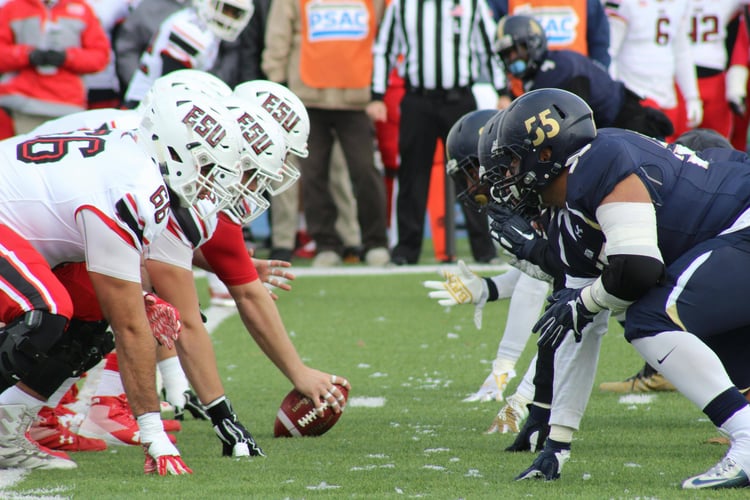Part 1: Avoid Performance Errors by Learning From Elite Sports

Organisations are complex systems of human dynamics and processes and therefore even defining performance in any meaningful way is tough. We set about researching sustainable performance many years ago, when CEOs and leaders were expressing frustration around how to find the right balance between employee wellbeing and delivery. It seemed that in order to be a good company, you had to prioritise the health of your employees, but did that mean giving up on your goals?
Whilst we knew it was possible to achieve both, we wanted to find a practical approach that organisations could adopt. We found that the world of organisational research was somewhat lacking. Performance was poorly defined; academics didn’t really agree on much and a lot of studies distilled organisational concepts to such a degree that they were of limited practical use to organisations. It was time to take inspiration from another area completely.
The ‘Rest, Practice, Perform.’ approach
In our book, ‘Rest, Practice, Perform.’, we studied how elite sports professionals and teams are organised towards performance. We then tested the ‘Rest, Practice, Perform.’ approach with organisations, tailoring it to their needs and refining it over some years. There were some fascinating side effects to this work. By studying what elite sports people and teams do well, we identified some fundamental performance errors that organisations dismiss or overlook.
Let’s look at each error and what organisations can do to remove these blocks:
Lack of clarity
In elite sports there is a ‘gameplan’. Teams know what they are called upon to do and who does what. Individual sportspeople have their race mapped out and F1 teams know when they are going to ‘pit’. When a football match doesn’t go to plan, changes are made and subs enter the field with clarity on how their impact will improve performance.
In organisations, a lot of time and energy is wasted because people are unclear. If people are unclear, it can be very stressful, having a negative effect on their health. You probably know how demoralising it is to put a lot of work into something, only to see it go nowhere. If that happens a number of times, peoples’ health can deteriorate fast. As a leader, the more you can do to make sure that your team’s work will contribute to performance, the more likely you are to avoid this pitfall. Some key questions to ask yourself are:
- Is everyone clear about how their work contributes to the overall business goals?
- Is everyone clear about what good looks like in terms of their role?
- Is everyone clear on where they have freedom and autonomy?
In Part 2 of ‘AVOID PERFORMANCE ERRORS BY LEARNING FROM ELITE SPORTS’, co-author Karen Meager, discusses why there is a need to improve following up, trust, and collaboration skills. Learn more, read the rest of her article.
By Karen Meager is co-author of ‘Rest. Practice. Perform. What elite sport can teach leaders about sustainable wellbeing and performance’.
About the Author
Karen Meager is co-author of ‘Rest. Practice. Perform. What elite sport can teach leaders about sustainable wellbeing and performance’. Karen takes the latest scientific and academic thinking and makes it useful and easy to apply. Her approach is grounded in research and professional practice that spans 20-plus years.
Karen holds Masters degrees in psychology and health research, and her specialist research area is mental health and burnout in organisations. Karen’s goal with ‘Rest. Practice. Perform.’ is to help leaders and organisations find a working rhythm that delivers top performance whilst also prioritising people and their health.




